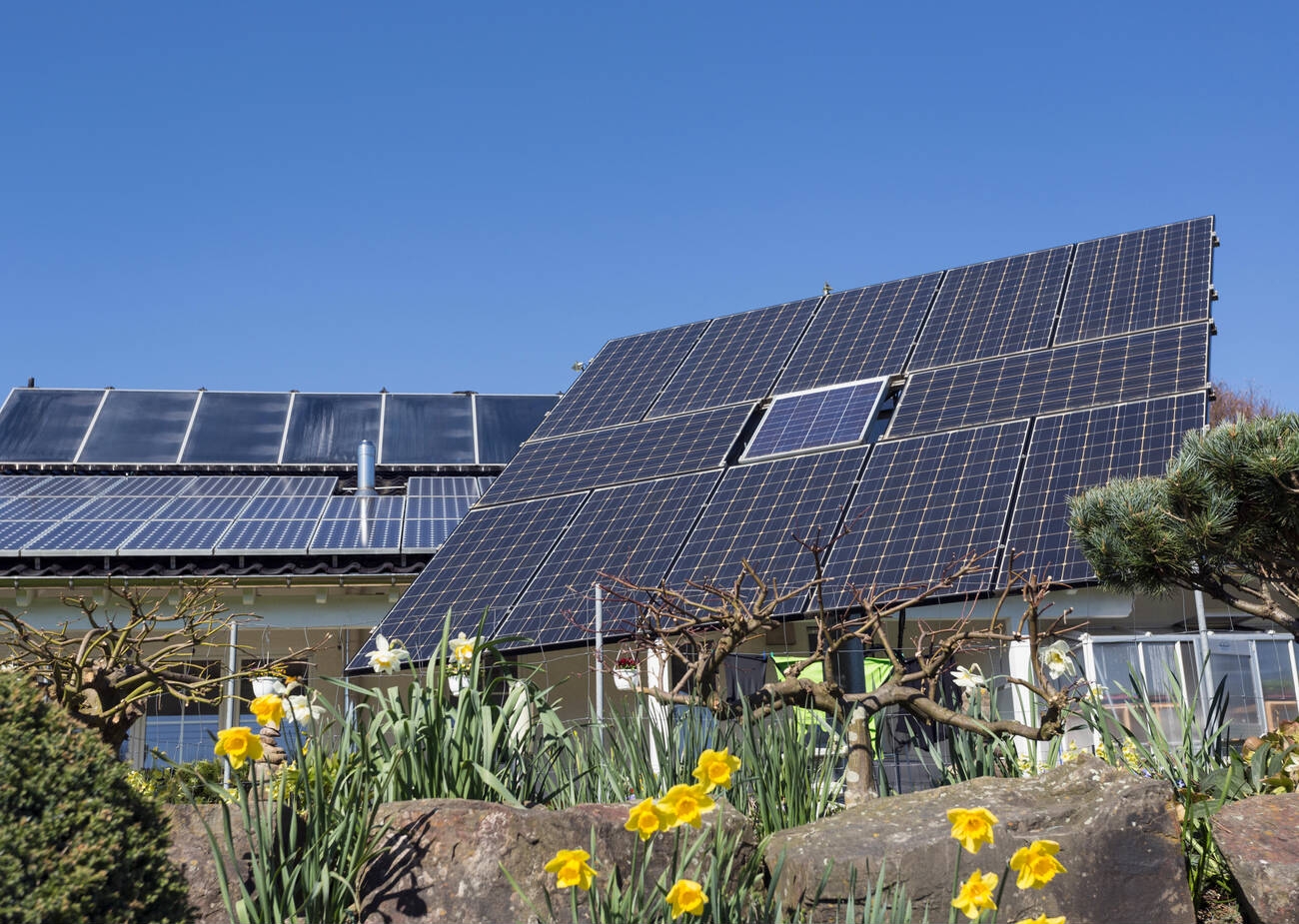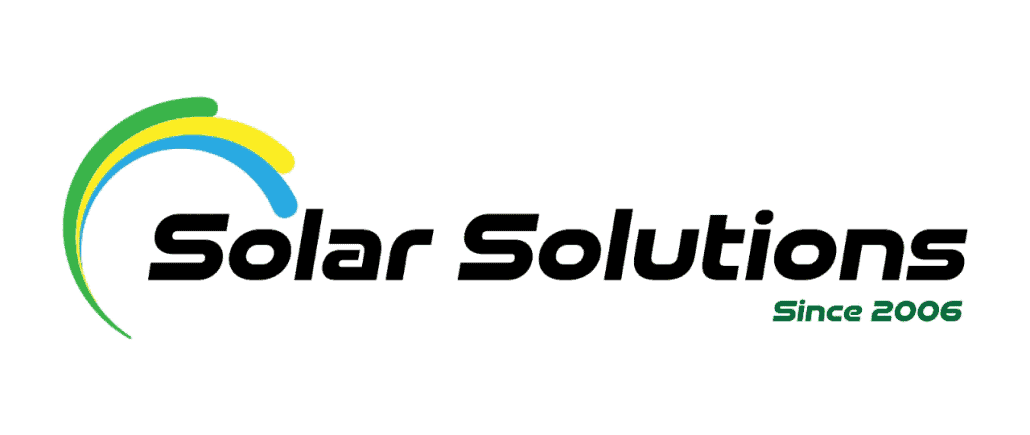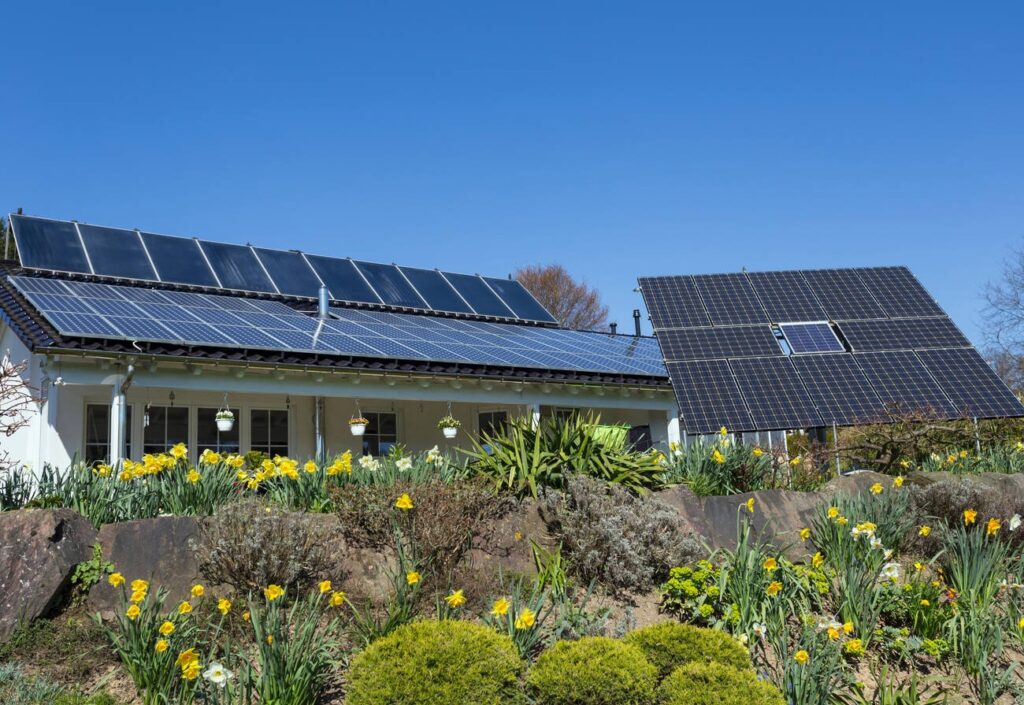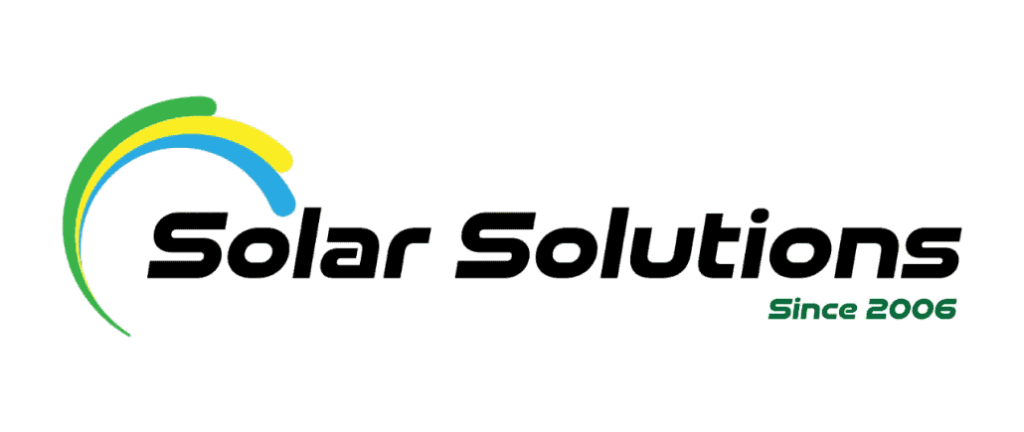
Difference Between 12V and 24V Solar Panels: Which One to Choose?
Are you thinking of going solar but confused about whether to choose 12V or 24V solar panels? With many choices, picking the right one can be a bit much.
No worries! In this article, we’ll explain all Difference Between 12V and 24V Solar Panels – how they’re different, their features, the advantages they both offer, and the key factors you should consider when choosing between them. This way, you’ll have the info you need to make a smart choice.
Understand the Difference Between 12V and 24V Solar Panels
solar companies in El Paso come with different voltage ratings, which affect how well they work and where you can use them. The voltage shows the maximum power a solar panel can produce under specific conditions. The most common options are 12V and 24V. 12V solar panels suit smaller needs like RVs, boats, and small gadgets, providing ample power for low-energy devices. On the other hand, 24V panels are ideal for larger setups such as homes or businesses, offering increased efficiency, particularly over extended distances.
Understanding the difference between 12V and 24V solar panels is important because it affects how well your solar system works and how efficient it is.
Different Features of 12V and 24V Solar Panels
Selecting between 12V and 24V solar panels is a crucial decision when setting up your solar power system. Let’s break down their main features to help you decide which voltage suits your requirements:
- Voltage: 12V Generates electricity at 12 volts DC. On the other hand, 24V Operates at a higher voltage, typically around 24 volts DC.
- Power Output: 12V Individual panels have lower wattage (10-180 watts), requiring more panels for desired output. And 24V Boasts higher wattage (200-370 watts or more), needing fewer panels for the same total wattage.
- Current: 12V Operates with a higher current due to lower voltage. While 24V Allows for lower current, reducing power loss in long cable runs.
- Applications: 12V Ideal for smaller setups like RVs, boats, or off-grid cabins, also suitable for small appliances and lights. Meanwhile, 24V is Better for larger installations powering entire homes and is efficient for longer cable runs.
- System Complexity: 12V This may require more wiring and hardware due to the need for additional panels. 24V: Often needs less wiring, simplifying installation.
- Scalability: 12V Expanding may be trickier, requiring careful wiring. And 24V: Offers more flexibility for easy panel integration into the existing system.
- Cost: 12V Individual panel cost might be lower. On the other hand, 24V Additional wiring and hardware for 12V can offset the cost advantage. 24V may be more cost-effective overall.
Remember: These specifications are general guidelines. Specific panel models within each voltage range can vary in wattage, size, and other features.
Installation Differences of 12V and 24V Solar Panels
When setting up solar panels, whether it’s the 12V or 24V system from Solar Solutions, there are a few differences to keep in mind:
- Cable Selection and Wiring
- 12V Systems: Need thicker cables, making them a bit more expensive and bulkier.
- 24V Systems: Can use thinner cables, potentially saving costs and making installation easier.
- Number of Panels
- 12V Systems: Require more panels for the same power, meaning more wiring connections and potentially more mounting hardware.
- 24V Systems: Need fewer panels, leading to a simpler installation with less wiring and potentially lower hardware costs.
- Scalability
- 12V Systems: Expanding can be more complex, requiring careful wiring in series.
- 24V Systems: Scaling up is generally easier, with seamless integration of additional panels.
Deciding between 12V and 24V solar setups means making choices. Even though 12V systems might look easier initially, they can become more complicated when you want to add more later. Meanwhile, 24V systems have benefits like less wiring and potentially lower costs, plus they’re easier to expand. Each option has its good points, and getting advice from pros like Solar Solutions ensures your solar panels fit your needs perfectly.
Factors to Consider When Choosing Between 12V and 24V Solar Panels
When choosing between 12V and 24V solar panels, consider a few things to find the right one for your needs:
- System Size: The size of your solar panel setup is important in choosing the right voltage. If you have a big system with lots of power needs, go for 24V panels. But if your system is smaller, 12V panels will do the job.
- Distance: Another thing to think about is how far apart your solar panels and batteries are. If they’re far away from each other, using 24V panels can help keep your system running efficiently and prevent power loss.
- Power Requirements: It’s important to figure out how much power you need when picking solar panels. Check how much energy your appliances and devices use to make sure the voltage you choose can meet those needs.
- Compatibility: Make sure all parts of your solar system, like batteries, inverters, and charge controllers, work well together with the chosen voltage. If they’re not compatible, it can cause problems and damage.
Taking the time to carefully consider these factors will provide you with valuable insights and guide you in making an informed decision about the most appropriate voltage specification for your solar panel system.
What are the Advantages of Choosing 12V Solar Panels?
Advantages of 12V Solar Panels:
- Cost Advantage: Initially cheaper, but consider that a larger 12V system may need extra wiring and hardware, potentially offsetting the cost advantage.
- Simplicity: Easier to design and install, especially for smaller setups, requiring fewer panels and simpler wiring than 24V systems.
- Widespread Compatibility: Many off-grid applications like RVs and boats use a 12V standard, making it easy to find compatible components.
- Portability: Lighter and smaller, 12V panels are perfect for mobile applications, providing on-the-go electricity.
- Battery Matching: Compatible with common 12V deep cycle batteries, eliminating the need for additional voltage regulation equipment.
- Emergency Use: Suitable for jump-starting a car battery or powering basic appliances during power outages (with proper precautions).
Remember: When picking 12V solar panels, remember Solar Solution have less power and may lose more electricity over long cables. If you need more efficiency, think about a 24V system for larger setups.
What are the Advantages of Choosing 24V Solar Panels?
24V solar panels have some big benefits that make them a smart choice for home solar systems. Here’s why they’re so great:
- More Efficient: 24V panels are better at sending power over long distances, which means less electricity gets lost along the way.
- More Powerful: These panels can produce more electricity than 12V ones, so you’ll need fewer of them for your setup.
- Easier to Expand: Adding more panels later on is easy with a 24V system. They fit right in without causing any problems.
- Work with Grid-Tied Inverters: These panels are a good match for inverters that turn solar power into electricity for your home.
- Simpler Setup: You’ll need fewer panels overall, which means less wiring and less stuff to install.
Remember: When thinking about 24V solar panels, consider their higher initial cost but long-term savings. They may need extra equipment for compatibility with 12V batteries and aren’t suitable for portable use.
Which One to Choose?
To decide between 12V and 24V solar panel, consider your system’s size, distance between panels and batteries, and power needs. Choose 12V for smaller setups like RVs, and 24V for bigger homes or businesses. Both have pros and cons, so pick based on your specific requirements. Making the right choice ensures efficient and effective solar energy use, contributing to a cleaner, sustainable future.



